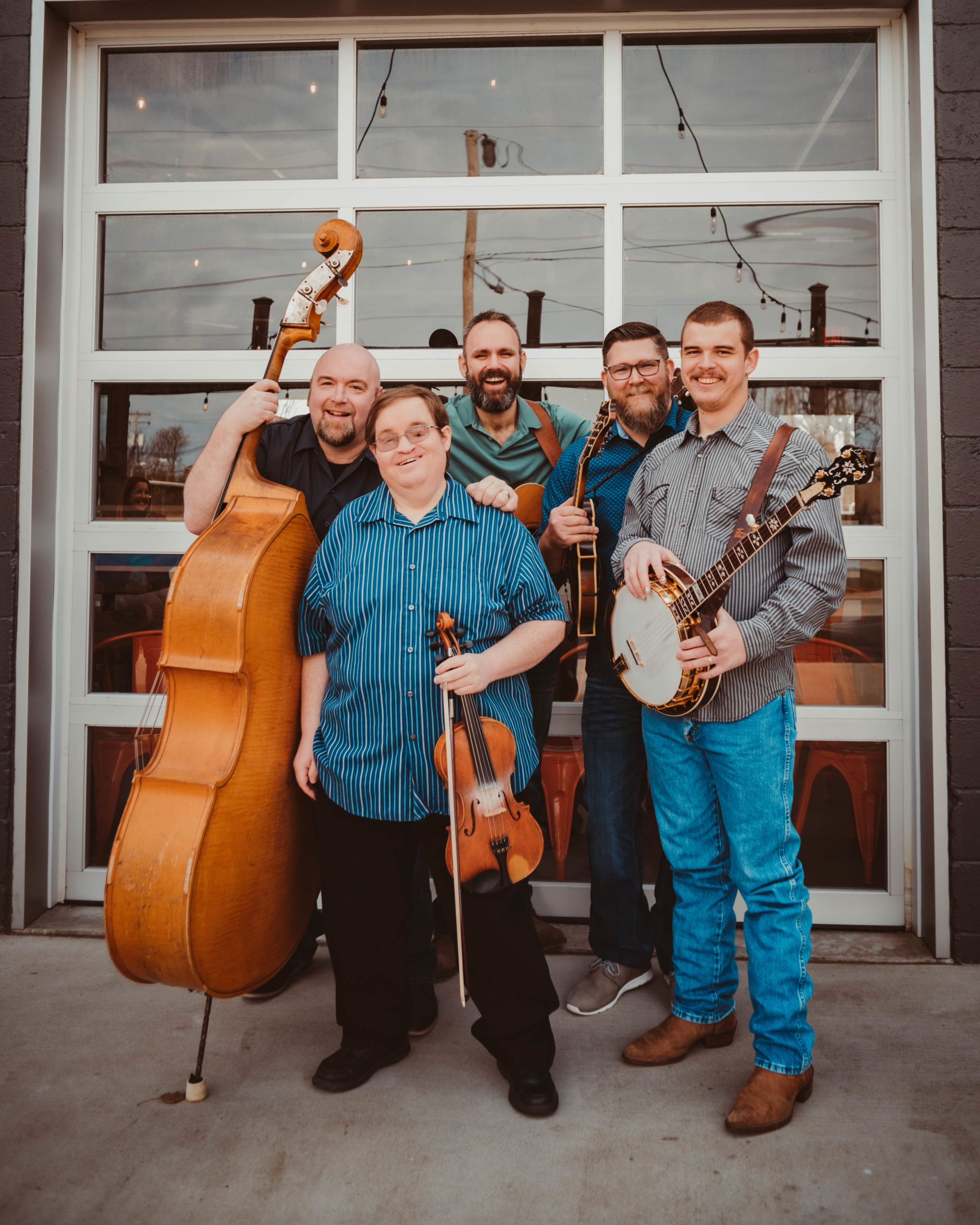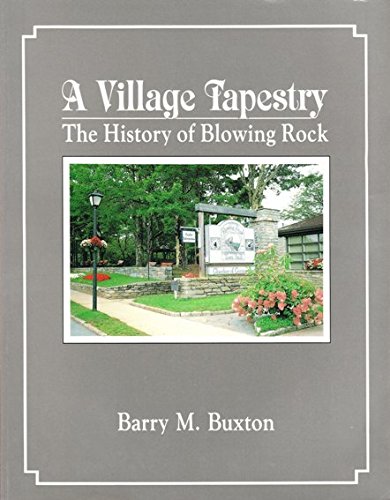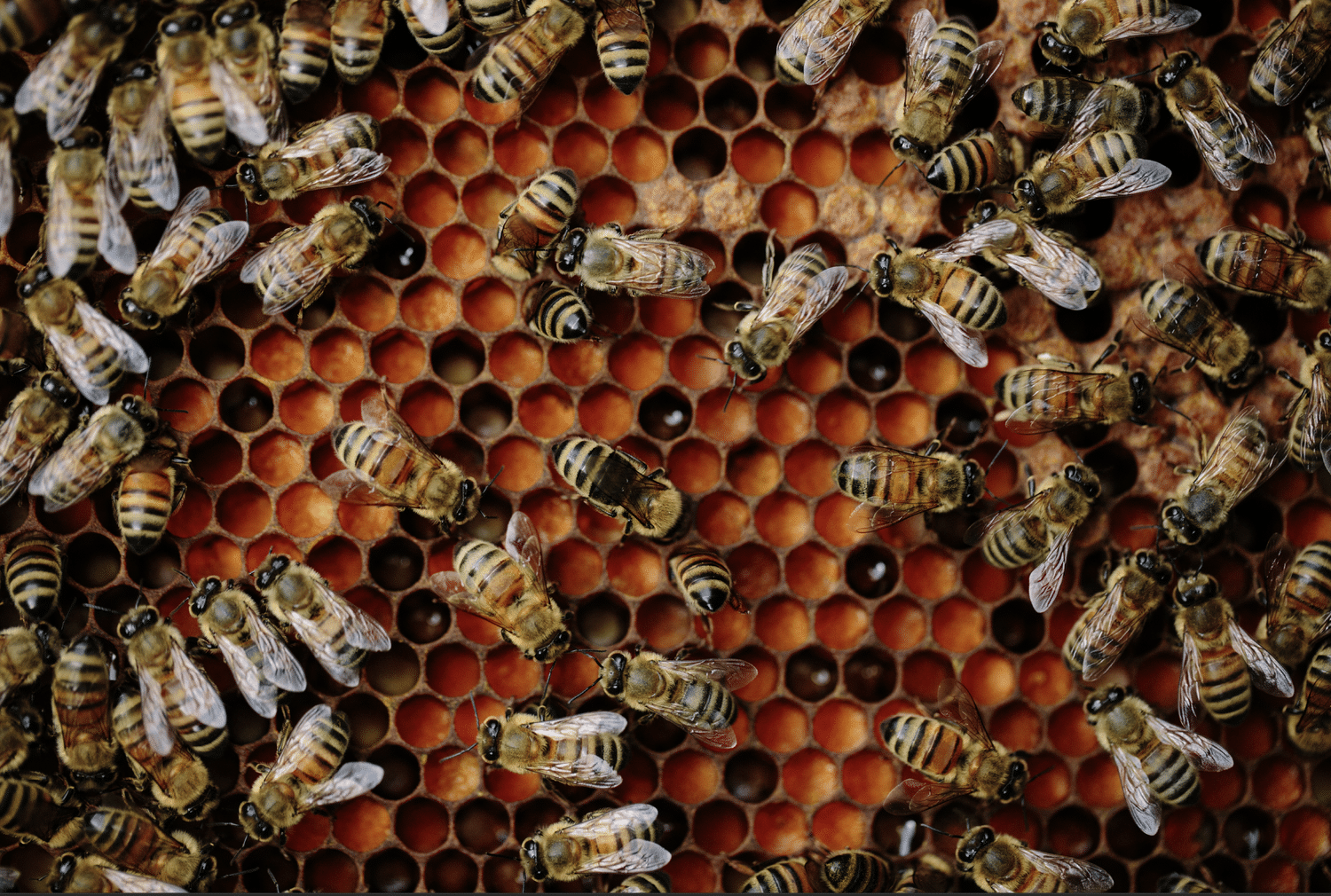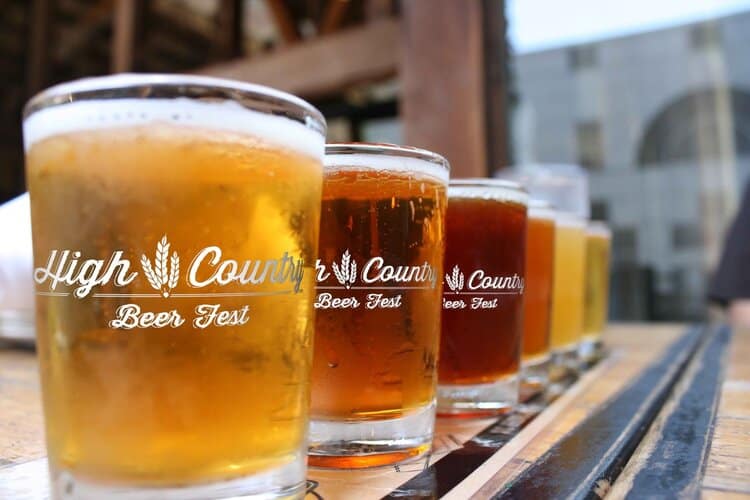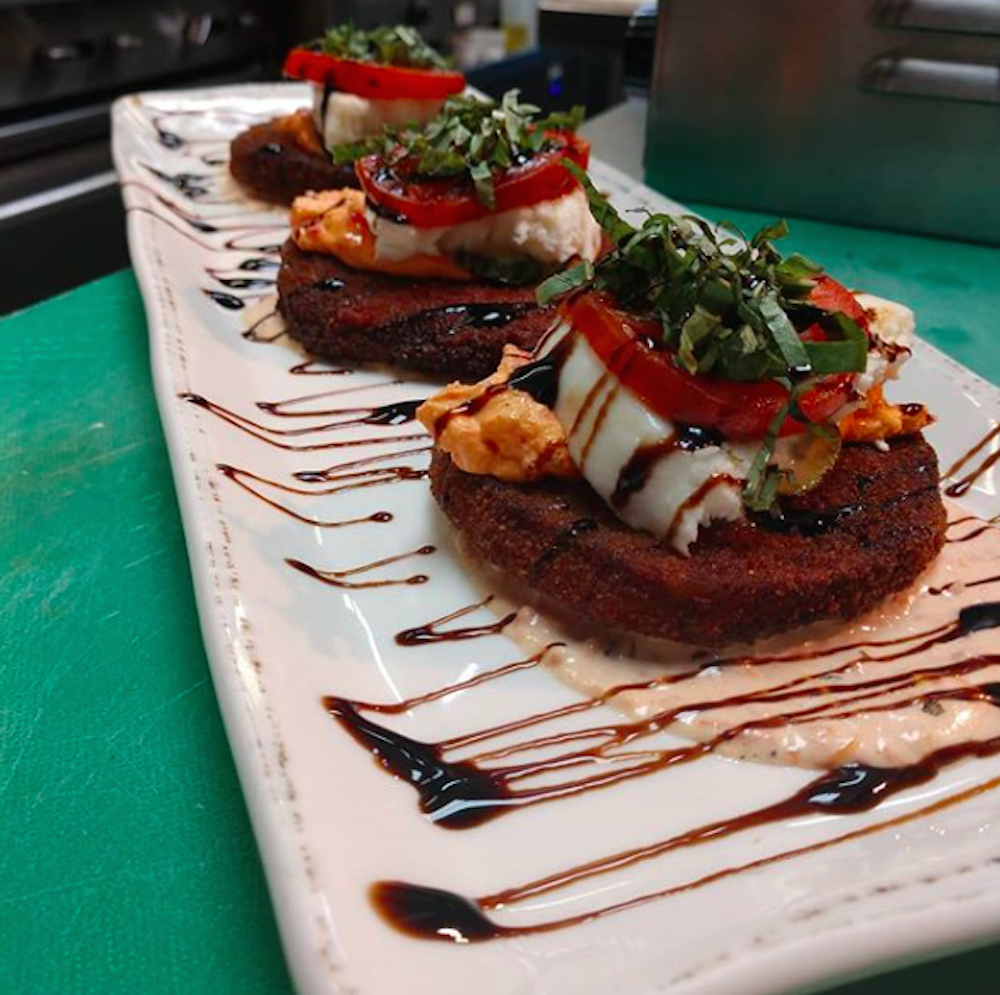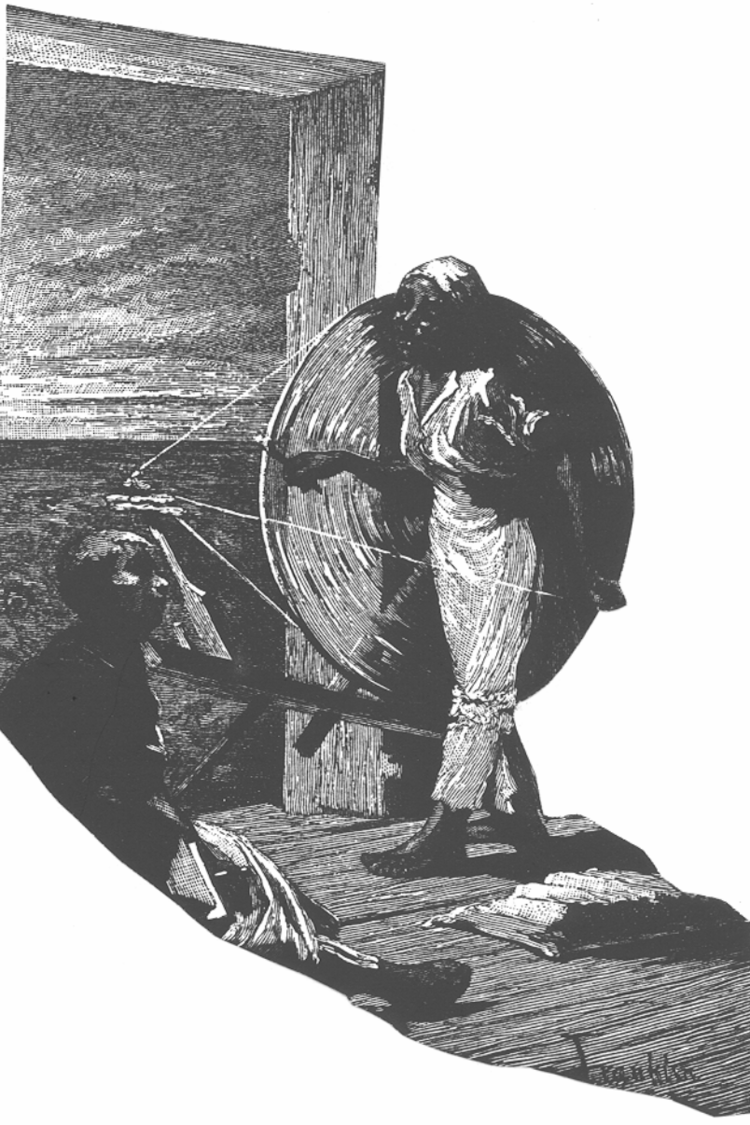Image credit: Wilma A. Dunaway’s Slavery and Emancipation in the Mountain South: Sources, Evidence, and Methods The period, between 1850 to 1910, offers a particular insight into 60 years of Black women’s craft practices on, off, and after the plantation, to focus on the relationship between craft and Black life to demonstrate how craft is intertwined in African American history. Through the horrors of enslavement, Black women exemplified mastery of process and material knowledge. Mellanee Goodman will discuss the forced labor of enslaved women in the upper South, including the Southern Appalachian Mountains, as a network of craftwork in which these women were textile practitioners who produced apparel and other textile goods for their enslavers and the general population of the plantation. About the Speaker Mellanee Goodman is a craft researcher. During the last three years, she has been engaged in studying the history of Black craftswomen in the upper South, including Southern Appalachia, from 1850 to 1910. While most objects created by enslaved or formerly enslaved Black craftswomen no longer exist nor retain the attribution to the original maker, her study of the narratives, newspaper clippings, and the education of the formerly enslaved after emancipation pieces together a more complete picture of craft- and place-based identities of Black craftswomen, some of whom lived in the same mountains Mellanee currently calls home. Mellanee earned her Bachelor of Arts in Art Management from Appalachian State University and earned a Master of Arts in Critical Craft Studies from Warren Wilson College. Mellanee is also the Grant Program Manager for the Center for Craft, located in Asheville, North Carolina. Website

